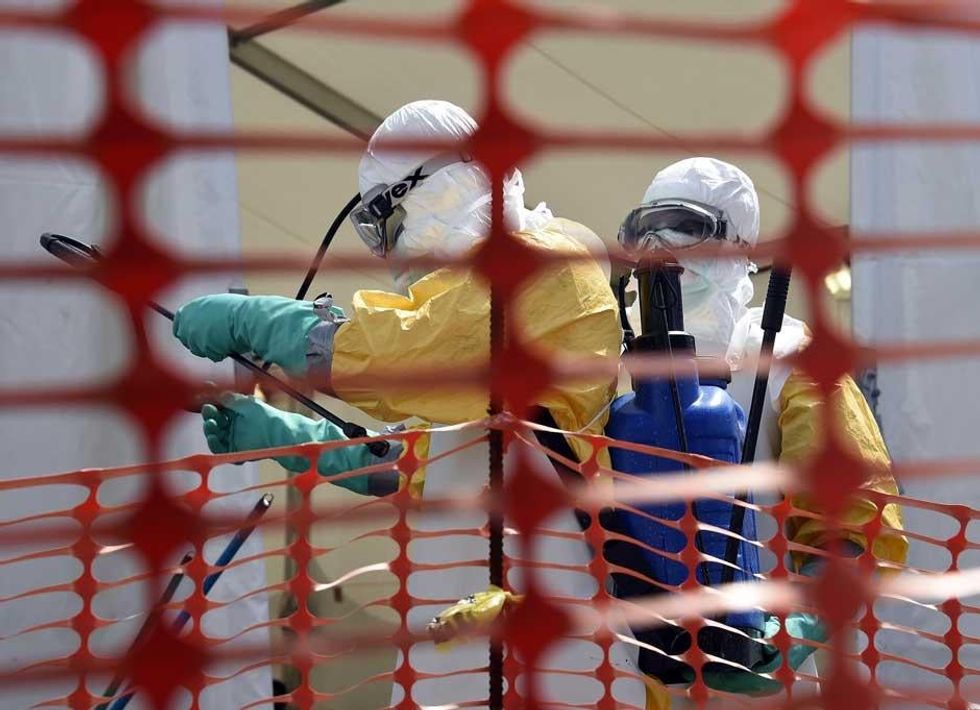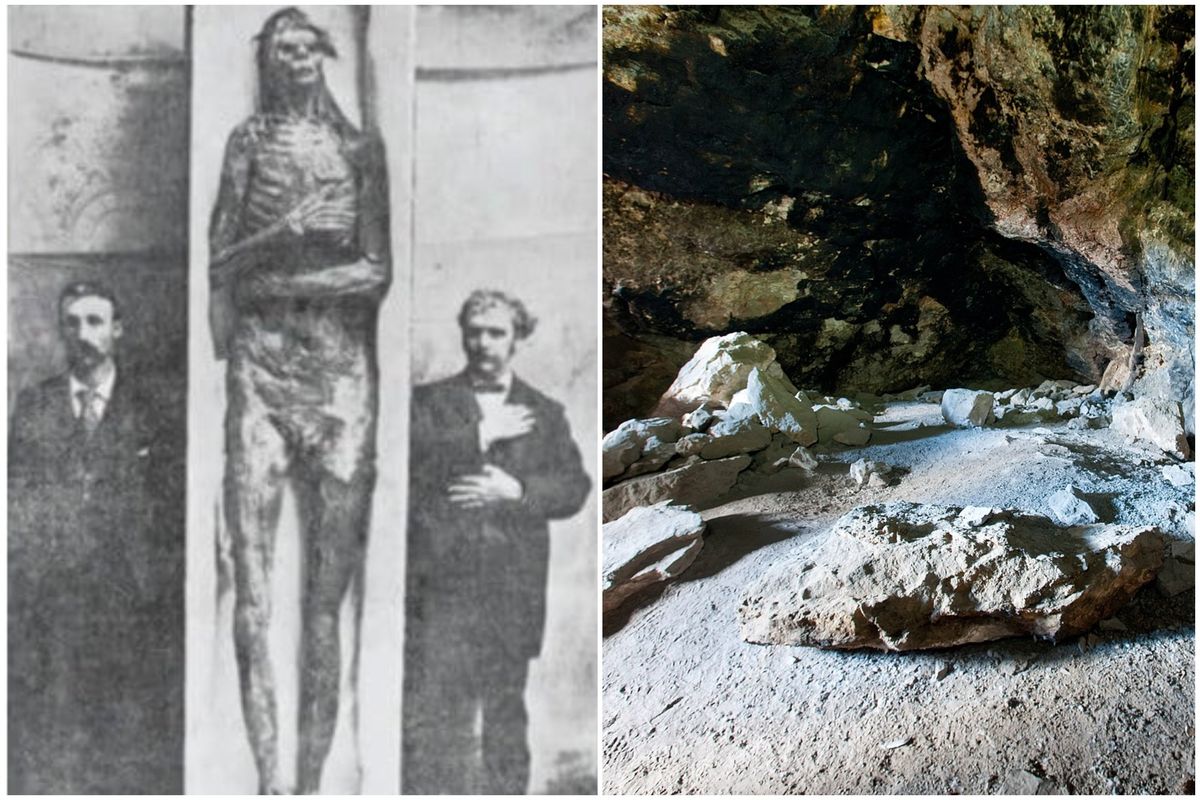News
Independent Reporters
Oct 01, 2014

More than 3,000 people have died from the Ebola virus in West Africa, and the World Health Organisation has declared the outbreak an international health emergency.
On Tuesday evening a man from Texas became the first person to be diagnosed with Ebola on American soil. But while the virus has had a devastating toll in Africa, there is little reason to panic about the spread of the disease in America and the UK.
Ebola is transmitted through contact with infected people’s bodily fluids, including sweat, blood and vomit. Some people are infected by contact with a victim or cleaning up after them, but the virus can survive for several days outside the body on soiled clothing and anything a patient has touched.
Dr Edward Wright, a virology expert at the University of Westminster who is currently testing a possible Ebola vaccine in Oxford, said the chances of other people being infected from the American patient with Ebola were small.
“People infected with Ebola are not able to pass on the virus until they are symptomatic.”
As for Britain, Professor Peter Piot, one of the scientists who helped discover the Ebola, recently told the Times he would be happy to sit next to someone with the virus on the tube.
I wouldn’t be worried to sit next to someone with Ebola virus on the Tube as long as they don’t vomit on you or something. This is an infection that requires very close contact.
- Professor Peter Piot
In July Professor David Heymann, head of Chatham House’s Centre on Global Health Security (and chair of Public Health England) told i100 that if Ebola were to reach the UK we are “well prepared” and the NHS is “very capable” at dealing with suspected infections.
Top 100
The Conversation (0)















